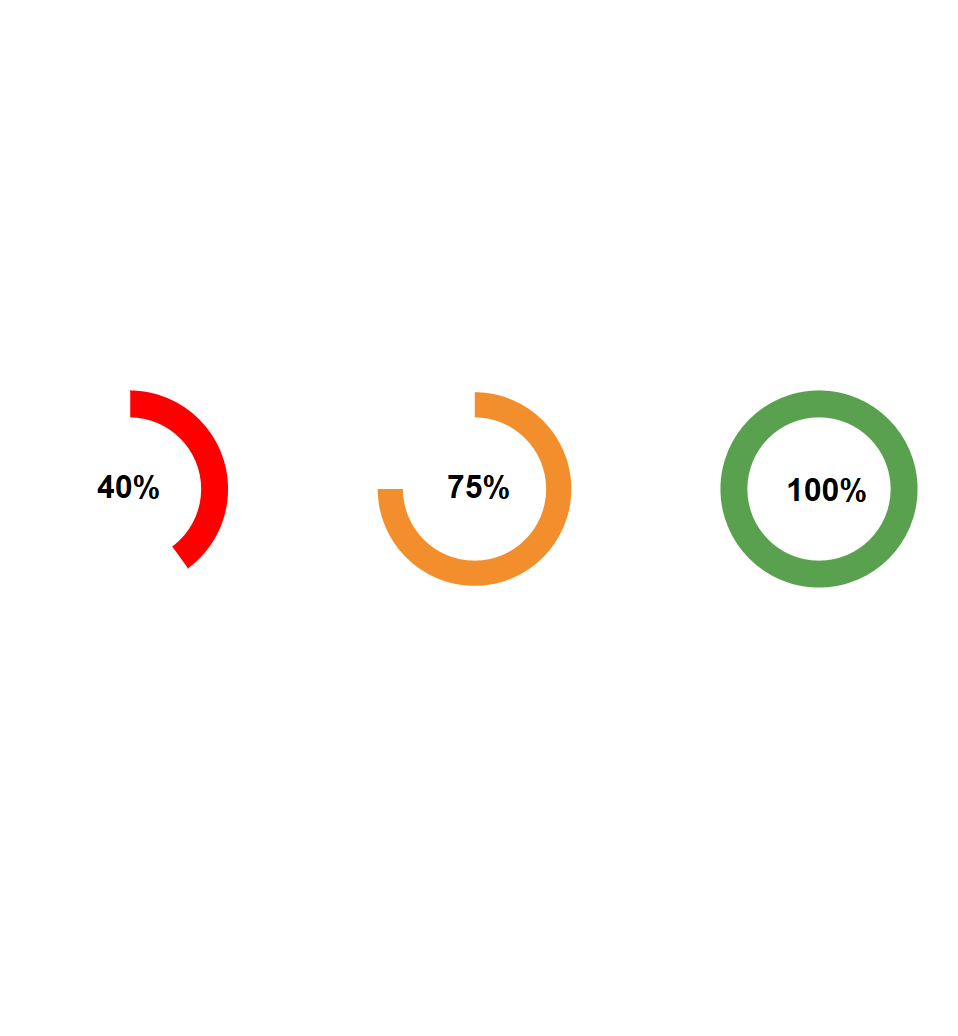Imagine, if you will, calling upon your computer – in your usual, colloquial English – to seek out that elusive spreadsheet you were toying with just last Tuesday. It sounds like a bit of a chinwag from a science fiction novel, doesn’t it? Yet, with the rapid advances in artificial intelligence and the staggering capabilities of OpenAI’s GPT-4, it may not be quite as far-off as you might think.
Let’s embark on a journey of demystification, exploring how GPT-4, trained on a veritable smorgasbord of text data, might soon take up the role of your digital butler, elevating your computer’s operating system (OS) to new levels of sophistication.
GPT-4: Morphing from Language Model to Digital Confidante
Our current scenario, for the most part, involves computers trawling for files based on precise keywords or exact file names. Picture, however, a not-so-distant future where GPT-4 discerns the essence and intent behind your search, responding to not just specific keywords but also the underlying semantics of your request. It would be akin to having a digital confidante who grasps not just what you articulate, but what you truly intend.
Fancy chatting up your computer in everyday language? Imagine asking, “Where did that elusive budget spreadsheet from last Tuesday vanish?” rather than fumbling with precise file names. GPT-4, wearing its new hat, could even organise your files based on their content, instead of just their titles or metadata.

With GPT-4 at the helm, even complex commands could be carried out effortlessly. No more would you navigate labyrinthine menus and options – instead, just ask your computer to “Tidy up those holiday snaps by date and location, and stow them in neat new folders for each city.”
In the grand scheme of things, GPT-4 could not only learn your preferences but also grow more personalised and efficient over time, heralding a potential revolution in how we interact with our digital companions.
The Word on the Street: Internet’s Role in This Grand Scheme
Perhaps you’re pondering, how does the internet weave into this narrative? If GPT-4 is primarily dealing with your local data, why does online connectivity even matter?
Firstly, a solid internet connection enables GPT-4 to receive continuous updates and improvements, effectively becoming more proficient and knowledgeable as time rolls on – just like having a butler who’s constantly honing his skills.
With the world gravitating towards cloud-based storage, GPT-4 could utilise the internet to engage with your cloud-based data, fetching files from your Google Drive or Dropbox as easily as from your local storage.
Moreover, GPT-4 could link with online search engines, emerging as a true virtuoso when it comes to retrieving information, whether it’s tucked away on your computer or scattered across the world wide web. And imagine a GPT-4 that learns in real time, moulding and evolving its language capabilities based on the latest trends and global knowledge.
However, just as a true gentleman never spills the beans, privacy remains an irrefutable concern. Having GPT-4 potter about your files, both locally and on the cloud, necessitates stringent safeguards to ensure your data remains as confidential as a state secret. It’s quite delightful to have a digital butler, but not so much if he’s prattling about your affairs to the digital world.
The Flip Side of the Coin: Navigating the Risks of GPT-4 as an OS-Based Search Engine
The proposition of employing GPT-4 as an OS-based search engine is indubitably intriguing. However, it’s equally important to take a gander at potential pitfalls. Every rose, as they say, has its thorns, and even the most enthralling advancements in technology bring along their unique set of challenges and risks. Thus, let’s wear our Sherlock caps and probe into the potential weaknesses, risks, and threats encircling the integration of GPT-4 into our computer operating systems.
A Pandora’s Box of Sorts: Navigating Data Privacy Concerns
The cornerstone of our concerns lies in data privacy. In its proposed role, GPT-4 would have uncharted access to our files, applications, and possibly our cloud-stored data. This convenience, while attractive, also opens a can of worms when it comes to potential privacy infringements.
The imperative then is to ensure that GPT-4 operates locally and refrains from externally sharing the data it processes. We must adopt stringent data encryption standards, and any cloud-based interactions need to be handled with robust security measures and thorough data anonymisation.
On Ethical Grounds: Usage and Content Concerns
Just like any AI model, GPT-4 might occasionally stumble upon or generate inappropriate or harmful content. Despite the model being trained to avoid such missteps, it’s not entirely foolproof. Hence, solid mechanisms must be in place to ensure that ethical boundaries remain intact.
A Potential Achilles Heel: Cybersecurity Threats
Integrating GPT-4 into an OS-based search engine might unwittingly provide hackers with new opportunities to launch cyber attacks. These unscrupulous individuals could potentially exploit the system, gaining access to sensitive data or disrupting operations. Hence, constructing robust security protocols to thwart such violations will be paramount.
The Echo Chamber Effect: The Risks of Over-Personalisation
While the tailored user experience proffered by GPT-4 is a significant boon, there lies the risk of over-personalisation. This could culminate in an echo chamber effect, where the system incessantly reinforces the user’s current beliefs or preferences, effectively muffling exposure to fresh ideas or divergent perspectives.
The Ghost in the Machine: Misinterpretations and Errors
Despite GPT-4’s stellar understanding of language, it’s not flawless. It might occasionally misinterpret queries or commit errors in responses. Furthermore, its comprehension, while remarkable, still fundamentally differs from human understanding, leading to potential chasms in its ability to respond appropriately to nuanced or ambiguous queries.
The Verdict: Blending Progress with Prudence
The integration of GPT-4 into OS-based search engines carries immense potential, signalling a significant leap forward in how we converse with our computers. However, as with any coin, there are two faces to consider. Thus, it’s crucial to proactively address these potential weaknesses and risks.
As we embark on this journey into a brave new world of AI-enhanced computer systems, we must ensure we don’t throw caution to the wind. By maintaining a keen focus on data privacy, ethical usage, and robust security, we can harness the potential of GPT-4, while keeping our digital lives secure and our interactions balanced.
In Conclusion: Setting Sail Towards a Bright Yet Balanced Digital Future
At the cusp of this exciting era of AI-enhanced computer systems, we find ourselves akin to explorers standing on the shore of uncharted lands. The integration of GPT-4 into OS-based search engines holds the promise of transforming our computers into more than just machines; they’re poised to become intuitive partners in our digital adventures.
As we stand on this precipice, teapot in hand, it’s akin to the anticipation of the perfect brew – yet we must not forget to keep an eye on the kettle. Every leap forward brings new challenges and thus, in this brave new world, it’s crucial to stay alert and proactively address potential risks.
Our challenge, then, is to strike a perfect balance between progress and privacy. The prospect of AI-enhanced search engines brings the thrill of the novel, but we must not rush heedlessly into the future. As we advance, data privacy, ethical usage, and robust security must march alongside us.
In essence, we’re not just stepping into an era of smarter technology, but one that calls for our own wisdom to match. With prudence as our guide and our eyes on the horizon, we set sail on this exciting voyage towards a revolution in computer-human interaction.






























































































